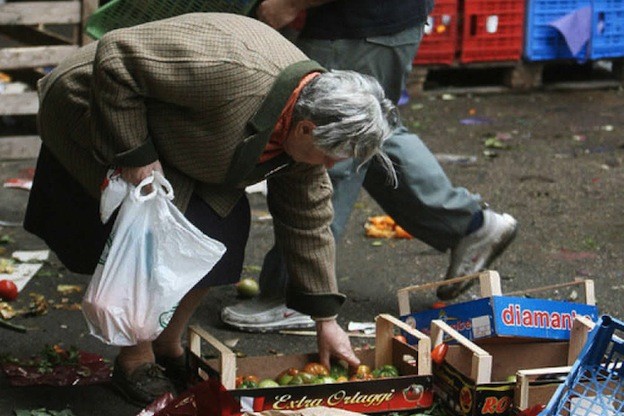New data from Eurostat sheds light on the persistent issue of inter-generational transmission of economic disadvantage. Across the European Union, 20% of individuals who grew up in financially struggling households are still facing poverty in adulthood.
In Italy, the situation is even more severe: 34% of those born poor remain in poverty as adults — the third-highest rate in the EU. This underscores the country’s ongoing struggle with social mobility and economic inequality.
Growing up in a financially struggling family and remaining at risk of poverty as an adult is a phenomenon known as the “intergenerational transmission of economic disadvantage.” This issue remains widespread across the European Union — and particularly pronounced in Italy.

According to Eurostat’s 2023 data, one in five adults in the EU — people aged 25 to 59 — who experienced poverty as children continue to live in difficult financial conditions. That means 20% of those raised in low-income households were unable to escape poverty as adults.
🔍 Where the “social elevator” fails the most
The problem is most severe in Bulgaria, Romania, and Italy:
- Bulgaria: 48.1% of those born poor remain poor
- Romania: 42.1%
- Italy: 34%
These figures show a lack of upward mobility — especially alarming for Italy, the eurozone’s third-largest economy and Europe’s second-largest manufacturer. Despite its global economic standing as a G7 country, Italy sees nearly 1 in 3 people trapped in generational poverty.
🎓 The Role of Education
Access to education appears to play a crucial role in breaking the cycle. The data shows that:
- Adults whose parents had higher education (e.g., university or post-grad) had a lower poverty risk (8.5%)
- Those whose parents had only basic education faced a much higher risk (19.1%)
This 10.6 percentage point difference underscores how parental education level remains a powerful predictor of economic outcomes in adulthood.
📌 Conclusion
The data paints a stark picture of social immobility in parts of Europe. For many in the EU — and especially in Italy — being born poor still means staying poor, despite years of economic development. Tackling this persistent inequality will require policy reforms in education, employment access, and social safety nets.
















